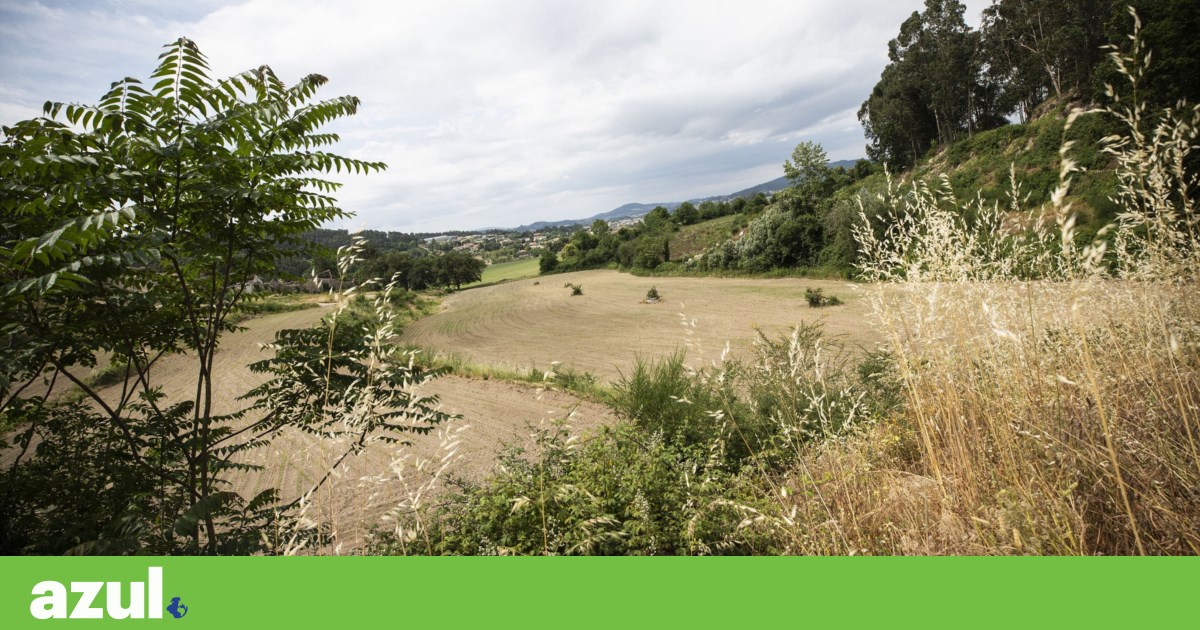Summary:
New decree-law allows construction on rustic and restricted lands in Portugal.
Construction aimed at social equity and affordable housing for families.
At least 70% of constructed areas must be for public or moderate-value housing.
Municipal assemblies play a key role in land reclassification decisions.
Environmental protections remain in place for National Ecological Reserve areas.
New Decree-Law Allows Construction on Rustic Lands
The recently published decree-law permits construction on previously restricted lands in Portugal, coming into effect in one month. This legislative change follows the approval by President Marcelo Rebelo de Sousa, establishing an exceptional regime for construction and urbanization in areas where it was previously prohibited.
Key Features of the New Legislation
The decree allows construction on rustic lands as well as areas classified as REN (National Ecological Reserve) and RAN (National Agricultural Reserve), while still protecting their most critical zones. The government argues that the increased availability of land will help create housing solutions that meet controlled cost criteria and affordable pricing, thus promoting social equity and enabling Portuguese families to access dignified housing.
Housing Allocation Requirements
Under the special reclassification regime, at least 70% of the total construction area must be allocated for public or moderate-value housing. However, this does not mean housing at controlled costs, but rather homes accessible to the middle class, with maximum prices set to ensure fairness.
The government asserts that increasing the amount of land available for housing construction will not only contribute to the 'Construir Portugal' plan but also enhance the state's ability to promote effective and sustainable housing policies aligned with the population's needs.
Municipal Assembly Involvement
The decree also stipulates that the reclassification from rustic to urban land must be approved by the municipal assembly, proposed by the local council. Should urban operations not be carried out within five years, the urban classification will become null and void.
Moreover, the reclassification must be justified based on the demonstrated need to protect relevant public interest values, including environmental, heritage, economic, and social factors. Areas within the National Classified Areas System, hazardous zones, or flood-risk areas are prohibited from being reclassified for urban use.
Environmental Safeguards
The decree emphasizes that the National Ecological Reserve (REN) will continue to safeguard essential natural values and functions while preventing risks to people and property.










Comments
Join Our Community
Create an account to share your thoughts, engage with others, and be part of our growing community.